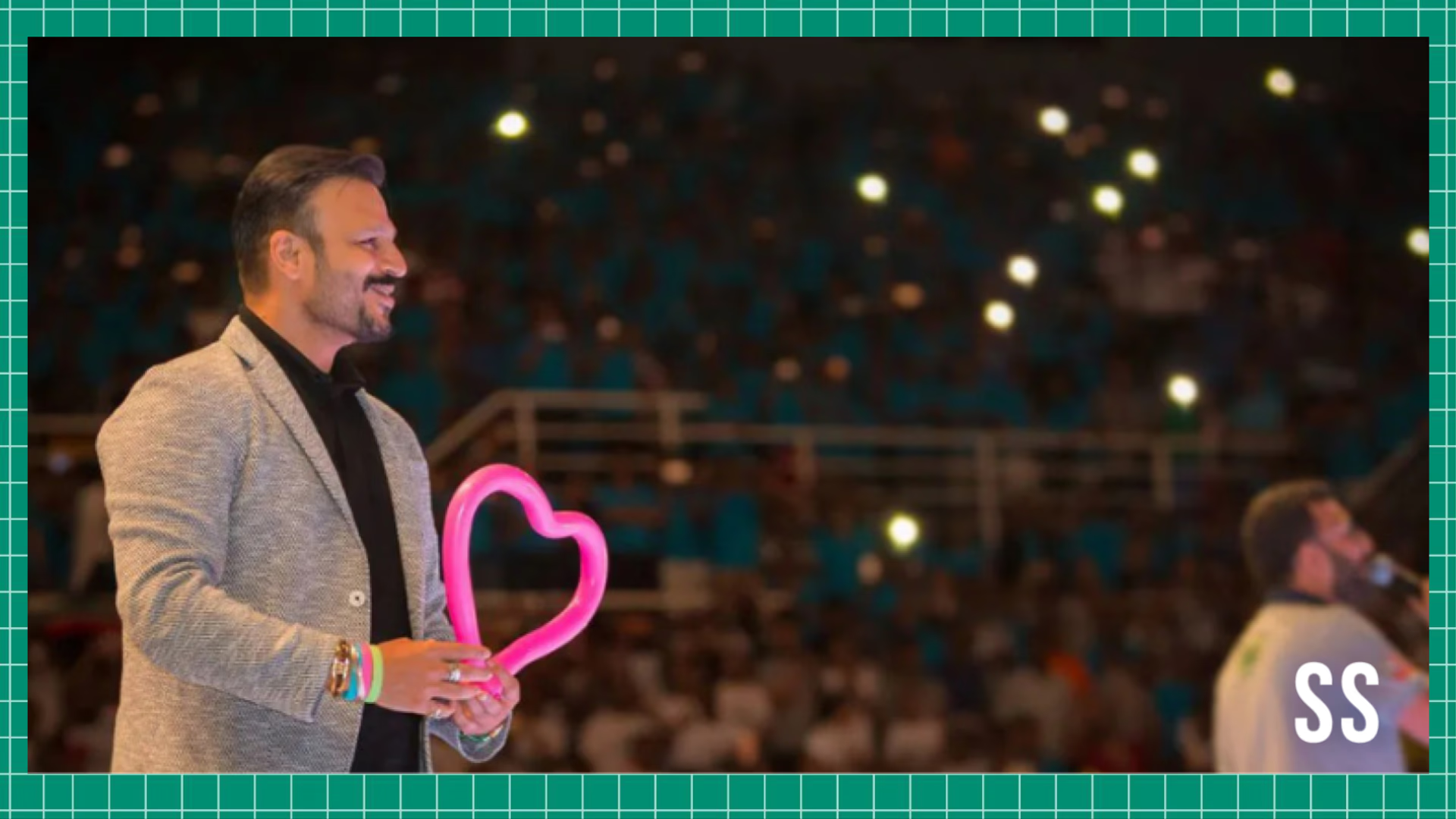‘Compassion is within us. We just have to spark it’: Vivek Oberoi on cultivating social change
I am very silent about what I do, unless the cause needs attention. I don’t believe in chest thumping,” says actor-businessman-philanthropist Vivek Oberoi. This quiet approach has characterised Oberoi’s long journey in social impact, spanning initiatives in cancer care for children, girls’ empowerment, education, and more.
His philanthropic journey began at home, inspired by the everyday actions of his parents, Yashodara and Suresh Oberoi. His mother’s work with palliative care patients provided the first lesson in compassionate giving. For 35 years, she met people in their final stages in hospitals, offering not just material support but human connection. He shares a memory. “A young boy called my mother saying he wouldn’t make it through the night and he was scared. I watched my mother provide comfort through his final hours.”
The true essence of giving
This experience left a profound impact on the young Oberoi.
“That taught me the true essence of philanthropy, rather than writing a cheque. Writing a cheque is the simplest thing. It’s very transactional. It’s important, that’s how the wheels turn. But the way she approached it changed the way I started looking at what philanthropy should be like,” he reflects.
His father was equally formative in his approach, hosting children from nearby bastis (slums) in their home, feeding them and teaching them on days that he wasn’t shooting. “Suddenly, it became a movement,” Oberoi says. These fundamental principles would shape his work with a strong philosophy.
“There shouldn’t be any arrogance in giving, there shouldn’t be any sense of ego in giving,” he emphasises.
A hospital visit that changed everything
A defining moment in Oberoi’s philanthropic journey came during a difficult period in his personal life. Upset about various challenges, he accompanied his mother to a hospital’s pediatric wing. What he encountered there provided two life-changing realisations.
“The first realisation was that my problems aren’t really problems,” he says. “When I see a very small child fighting against cancer—a kid who should not know about cancer and should be playing carefree in a playground in school, is sitting in a hospital going through chemotherapy. My problems suddenly looked very small and petty.”
Despite him bringing no toys or gifts, the children were simply excited to see him. “They were so happy to see me. They wanted to take pictures even in that state. That inspired me. Every free day that I had, I would start going there, reading stories to them, performing for them, having fun with them in the ward,” he remembers. He would go back feeling that he had contributed something that day.
This response revealed what he describes as the “strange connotation of selfishness in selflessness”—the profound personal fulfillment that comes from genuine service.
From this hospital experience grew Oberoi’s initiative with the Cancer Patients’ Aid Association (CPAA), beginning in 2002. What started with toy banks, sanitised toys that children could borrow and return, grew into a comprehensive support system for childhood cancer care.
When he received a call about Sahara, a six-month-old baby with leukemia, Oberoi agreed to pay for her treatment. The cost was substantial but he did not hesitate.
“When I held the six-month-old baby with bloodshot eyes in my arms (she was undergoing treatment), something shifted in my head. We had to save this kid,” Oberoi recalls.
His intervention worked, with doctors and hospitals eventually reducing costs and waiving fees in support of the effort.
Today, Sahara is a young adult full of life, and she sends videos to Oberoi of what she’s doing.
This one incident led to building what Oberoi describes as “an integrated network that sustains each other’, reaching more than 250,000 children since 2002.
